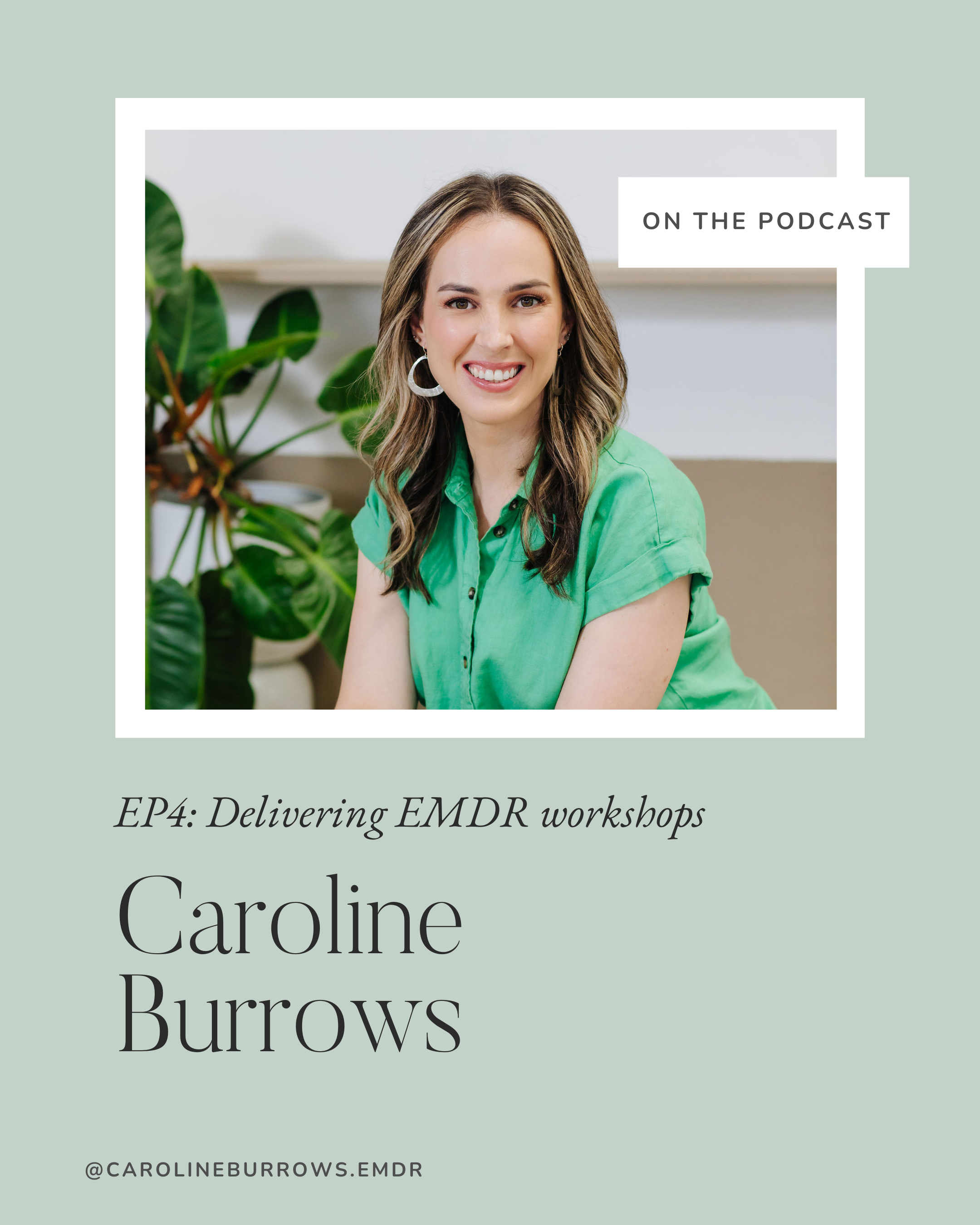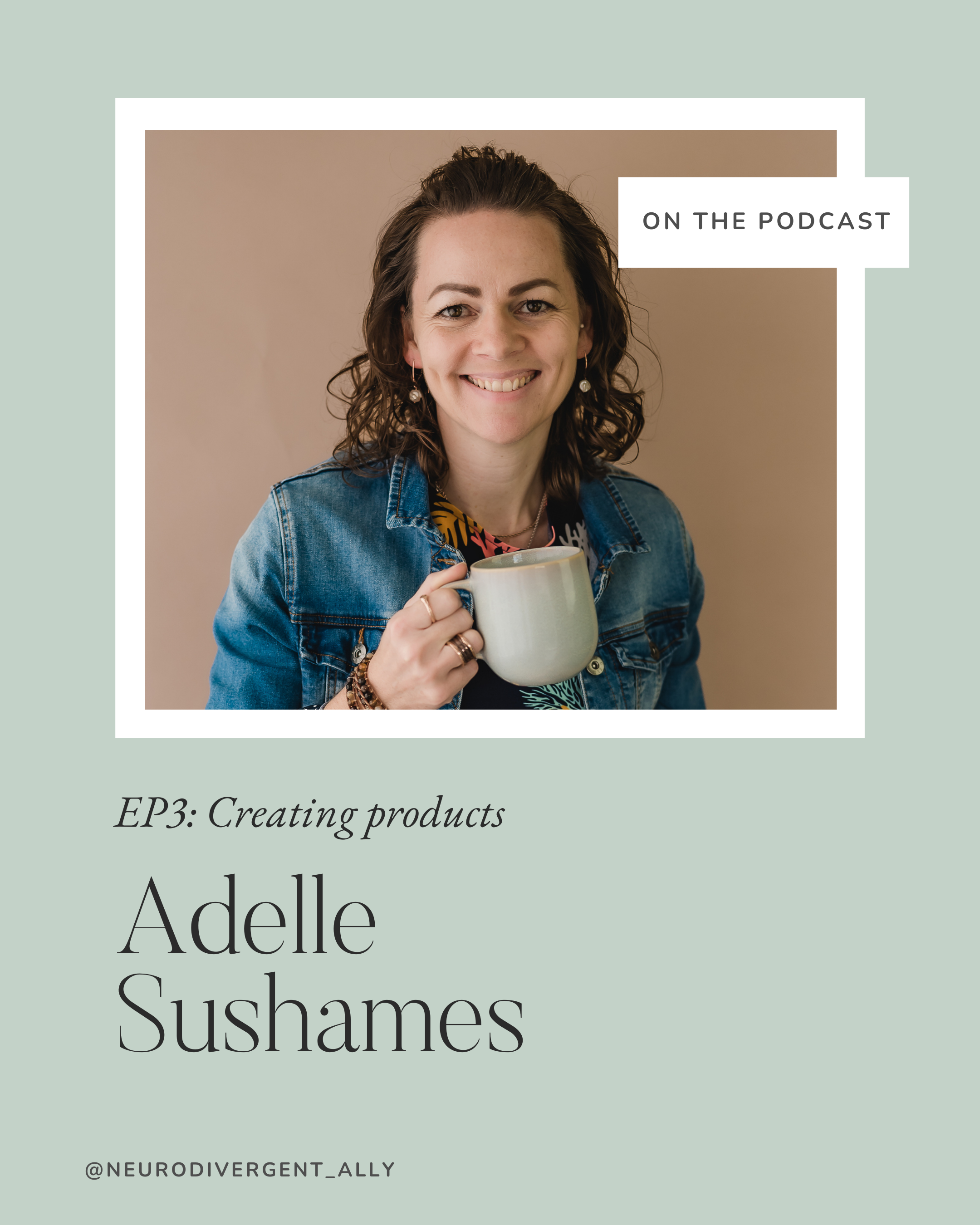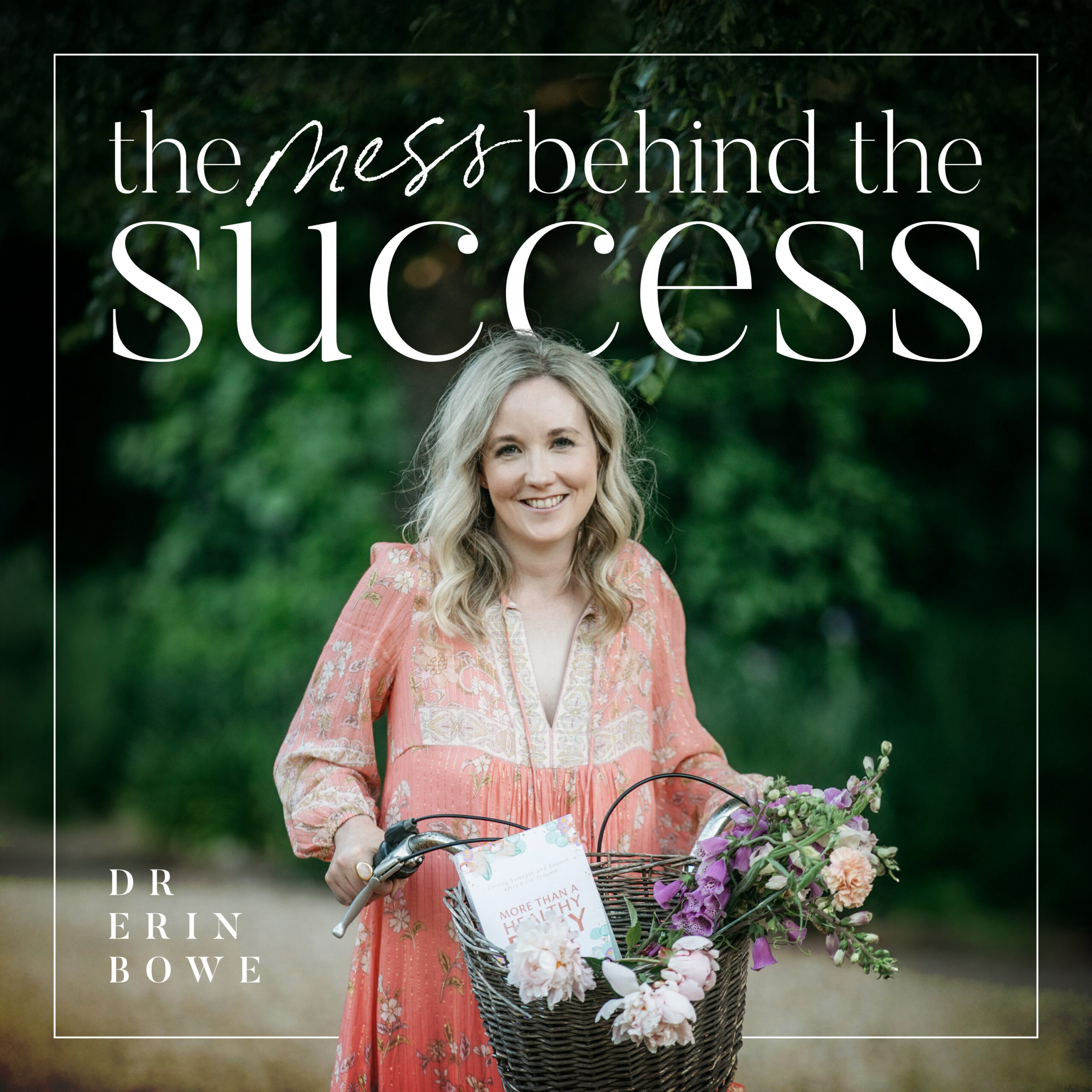“I don’t know why I didn’t fight back”
“I don’t know why I just stood there and watched my partner held down”
“I agreed to so much stuff I didn’t really agree to because they said “well, you don’t want to end up with a dead baby”
“I wanted to say something. I knew what was happening to my patient wasn’t right but at the end of the day I’m scared to lose my job”
These are phrases I hear from women, families and the birthing professionals who care for them every week.
You might have heard of the ‘fight or flight’ (and sometimes ‘freeze’) response – a survival response we have in relation to a threat or challenge, whether real or perceived. This response isn’t conscious, it’s not something we choose to do, it’s about basic survival at all costs.
The ‘fawn’ response is an instinctual response where we appease and people please in order to survive. If we draw an imaginary line and think of a continuum – up one end of the spectrum might be some people pleasing behaviours. Agreeing to things we maybe don’t really want, but we don’t want to upset anyone of get into trouble. Many, many women have been conditioned into believing that to be a ‘Good Girl’ you need to put other people’s wants first. Notice the word here is ‘wants’ not ‘needs’.
Up the other end of the spectrum is what’s referred to as Stockholm Syndrome. It’s a form of trauma bonding where a victim will do anything to please a perpetrator – even appearing to fall in love with them and consent to crimes and abuse because their brain is just doing anything it can to keep you alive.
In birth, fight, flee and a pure freeze aren’t immediate options for the brain to keep you safe – there’s nowhere to run to, and sometimes you’re immobilized, held down, and not strong enough to fight. You add in the hormones from estrogen, prolactin and oxytocin and it makes sense why fawning happens so much in birth.
When you enter a fawn state, you disconnect from your own body. It’s important to remember that trauma is about pure survival, not about insight and making rational decision. Many people in a fawn state will enter a heightened state of body disconnection referred to as dissociation and depersonalisation. You might feel numb, out of body, or like you’re in a fog or watching a movie of someone else.
From a physiological point of view, the fawn response sees activation in ventral vagal circuit or social nervous system. This means that you become highly attuned to figuring out what will make your perceived attacker happy.
I’ve rarely met someone for whom a traumatic birth is a complete one-off or what’s called single incident trauma. For many people, they will have already experienced previous trauma. The experience of birth then activates a long chain of traumatic memories.
This means that where there is fawning in birth, there’s usually been fawning elsewhere. A pattern of appeasing and pleasing other people because it’s kept you safe. A traumatic event doesn’t have to mean a major incident like a natural disaster, a car accident or an assault. The trauma is not in the event, it’s in how it made you feel. As I mentioned earlier, it can be socially conditioned. Ignoring a cat call instead of confronting a group of men because you’re outnumbered. Smiling when a drunk man on a train asks you to smile because there’s no one else around. Not reporting a health practitioner who is rude and condescending because your parents taught you that you should show respect to doctors.
Experiences of bullying and misogyny add up. You take thousands maybe even millions of experiences where you’re taught not to be “bossy” or “selfish” and that starts to become part of who you think you need to be in order to survive.
There are also clues to be found in our attachment to our primary caregivers. For example, a baby whose caregiver consistently doesn’t come when they are distressed will quickly learn to give up. For a child growing up in a home where there is addiction, violence and erratic behaviour they’ll quickly learn that being quiet and agreeable is safer than fighting back. Afterall, you still need them for food and shelter. You might completely shut off from expressing your own needs because your parent’s needs and struggles are ever present. You might even develop a part of your identity that believes it’s your fault.
When this happens over and over, your brain starts to rely on the evolutionary older circuit of the vagus nerve called the dorsal vagal complex. Put simply, this means that over time your nervous system will actually immobilize the defence strategies of fight or flight. If you’ve never had any experiences that ‘prove’ fighting or fleeing keep you safe then you’ll simply shut these options off.
It’s not fair to say to people that they should “speak up” or “have better boundaries” when they simply don’t have any successful experiences of this to draw on.
Birth is not the time to be activating the front part of the brain where learning, logic and insight form. This is why having someone you trust present with you in birth is really a non-negotiable.
Working through a fawning response is often two-fold. We can work with the trauma memories so that they fade and become manageable (such as with EMDR). It can also mean learning or re-learning skills in assertiveness and boundary setting. Time and some positive affirmations probably isn’t going to cut it. You need to develop a felt bodily sense of what it is to be assertive AND be safe. Being more grateful also isn’t an antidote to trauma. With support, you can learn specific skills to access a new, positive memory network where there is ‘proof’ that you can be assertive and be safe.
Need more?
Book into my calendar for therapy or mentoring (I take Medicare referrals for Aus residents)
Read my books about birth trauma, More Than a Healthy Baby and birth trauma: tools to cope
Learn some skills in my birth trauma course for parents
Birth worker? Join the thousands of others who’ve enrolled in birth Trauma Training for Birth workers
I also have a new book out – social media detox for mums






